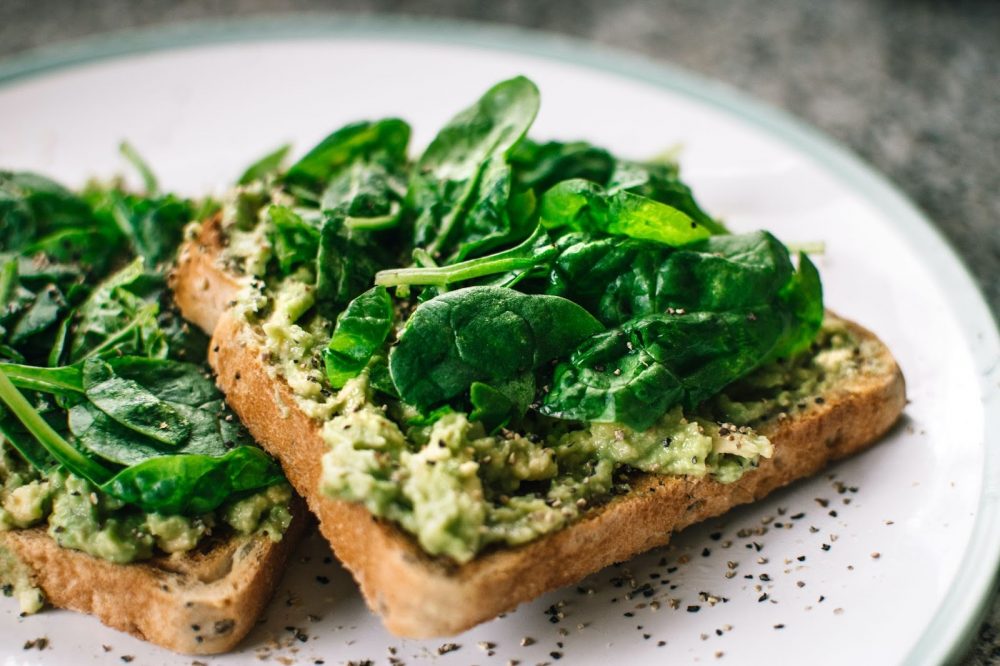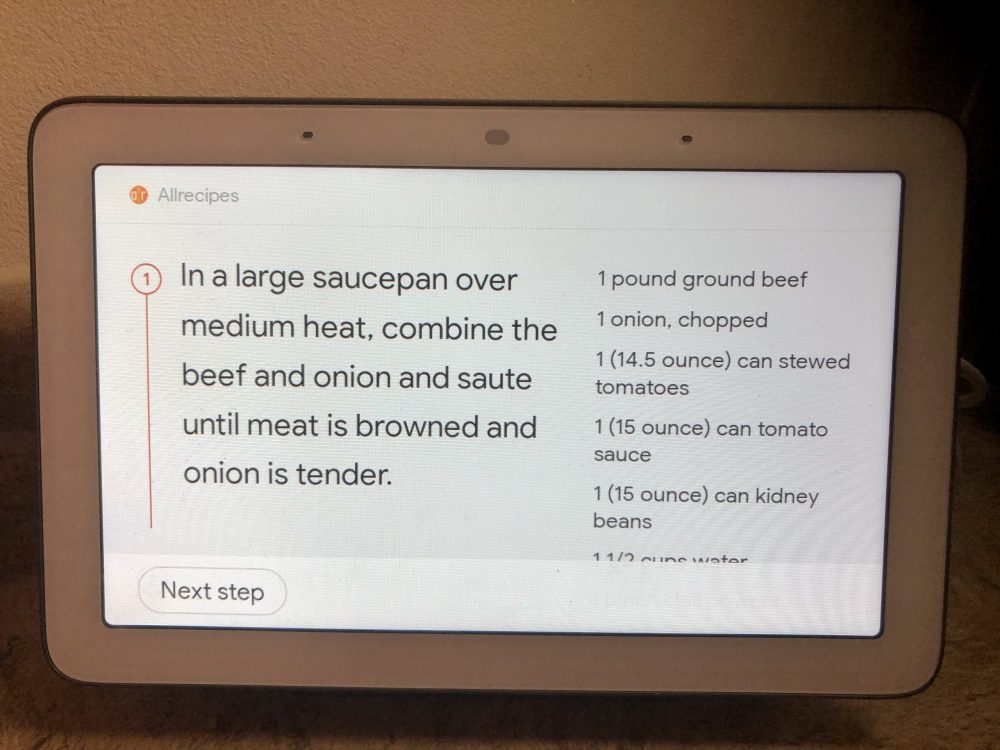
How To Get Your Digestive Tract Back On Track
*This post may contain affiliate links* or products that have been sent to me for review. You can find out more in my Privacy and Cookie Policy*
This is a collaborative post
Staying healthy is essential for living a happy life. But if your digestive system isn’t working correctly, none of these objectives will be simple to achieve. If you suffer stomach discomfort caused by gas or diarrhoea on a regular basis, you most likely have digestive issues. Nausea, heartburn, and constipation are some signs that your digestive system isn’t operating correctly. If you encounter these symptoms, see your doctor to ensure that your digestive system is to blame. If it is, here are some of the most effective solutions to the issue.
Avoid Processed Foods
Many digestive disorders, such as gut inflammation and inflammatory bowel disease, are caused by processed meals that are heavy in chemicals and trans fats. Therefore, if you know that your diet is comprised of a lot of processed food, it’s a good idea to make some changes as quickly as you can.
Although it might feel a little overwhelming when you are first faced with a lot of fresh food, there are plenty of recipes you can try, and you might even find you enjoy cooking. It’s a good idea to batch cook when you can, as even when you don’t have a lot of time, you’ll still have some healthy to eat rather than anything processed, and your gut will thank you for it.
Eat The Right Fats
Avoiding trans fats is essential, but so is consuming the right fats. Fish, flaxseeds, and almonds are high in omega-3 fatty acids, which help keep your gut in good working order.
The easiest option might just be to try out a vegan diet. You’ll get plenty of advice online at places such as Nicy, and when you opt for plant-based foods, you won’t have to worry about eating the wrong things.
Eat Slowly
When you eat hurriedly, you are more likely to swallow air, which may lead to trapped gas issues. You’re also more prone to overeat since you’re not paying attention to your body’s demands. Eat slowly and carefully to reduce the likelihood of bloating and nausea.
If you find it hard to slow your eating down, try only putting half of your meal on your plate. Once you’ve eaten what’s there, leave it ten minutes before serving up the rest. Because you actively have to go and get the remainder of your meal, this will help you to associate slow eating with mindfulness.
Drink Water
Staying hydrated helps with digestive difficulties like constipation, so drink at least 50 ounces of water every day. If you dislike drinking water, try non-caffeinated drinks and high-water fruits like watermelon and grapefruit to help you stay hydrated. Water, however, is always the best choice if you can have it.
Manage Your Stress
When you’re stressed, your body can’t digest meals correctly, so you’re more likely to have diarrhoea or heartburn. Make time to unwind every day, and get expert treatment if you suffer from chronic stress.
Exercise
Regular exercise aids digestion and encourages healthy bowel motions. Exercise also improves anti-inflammatory production, which aids in the treatment of illnesses such as irritable bowel syndrome.





